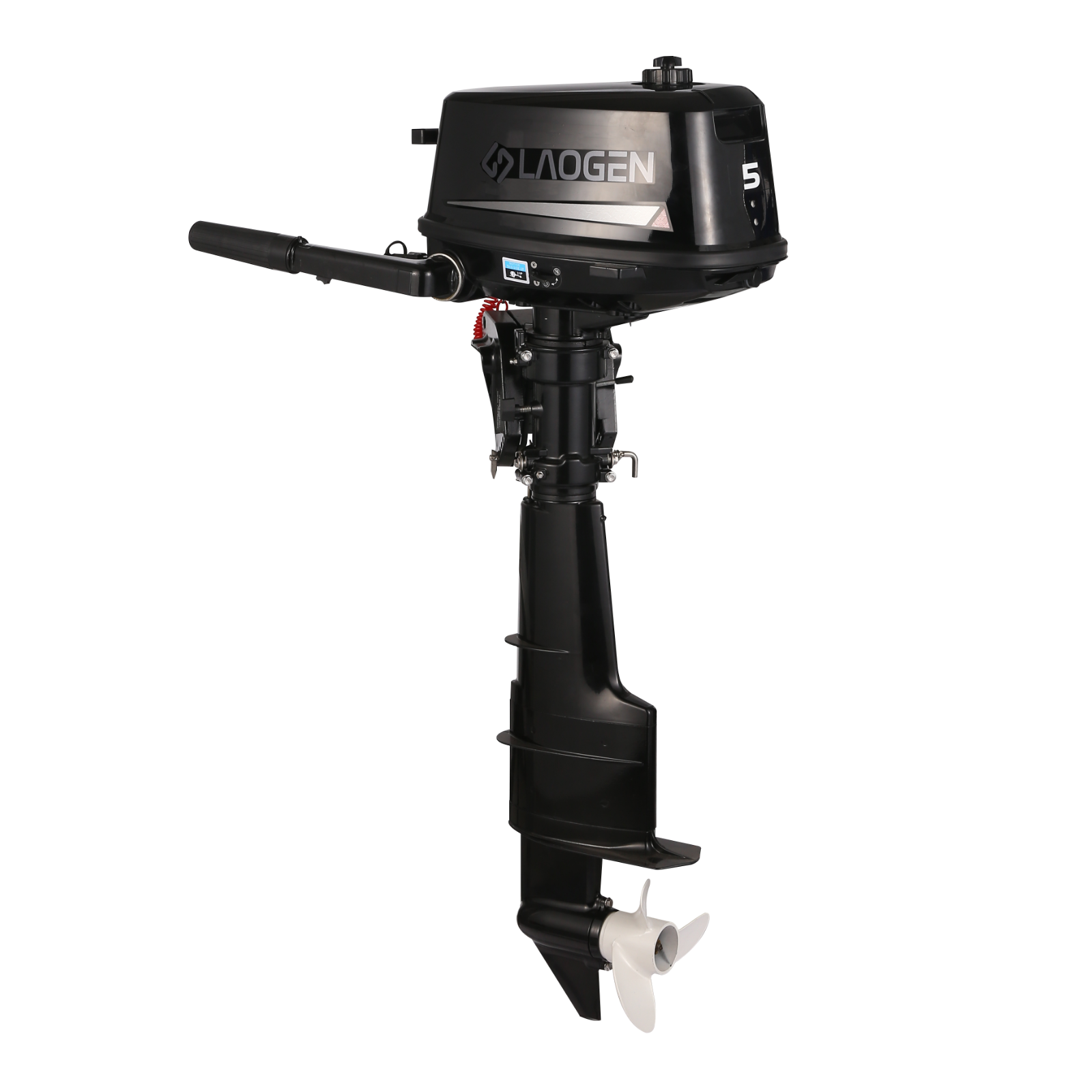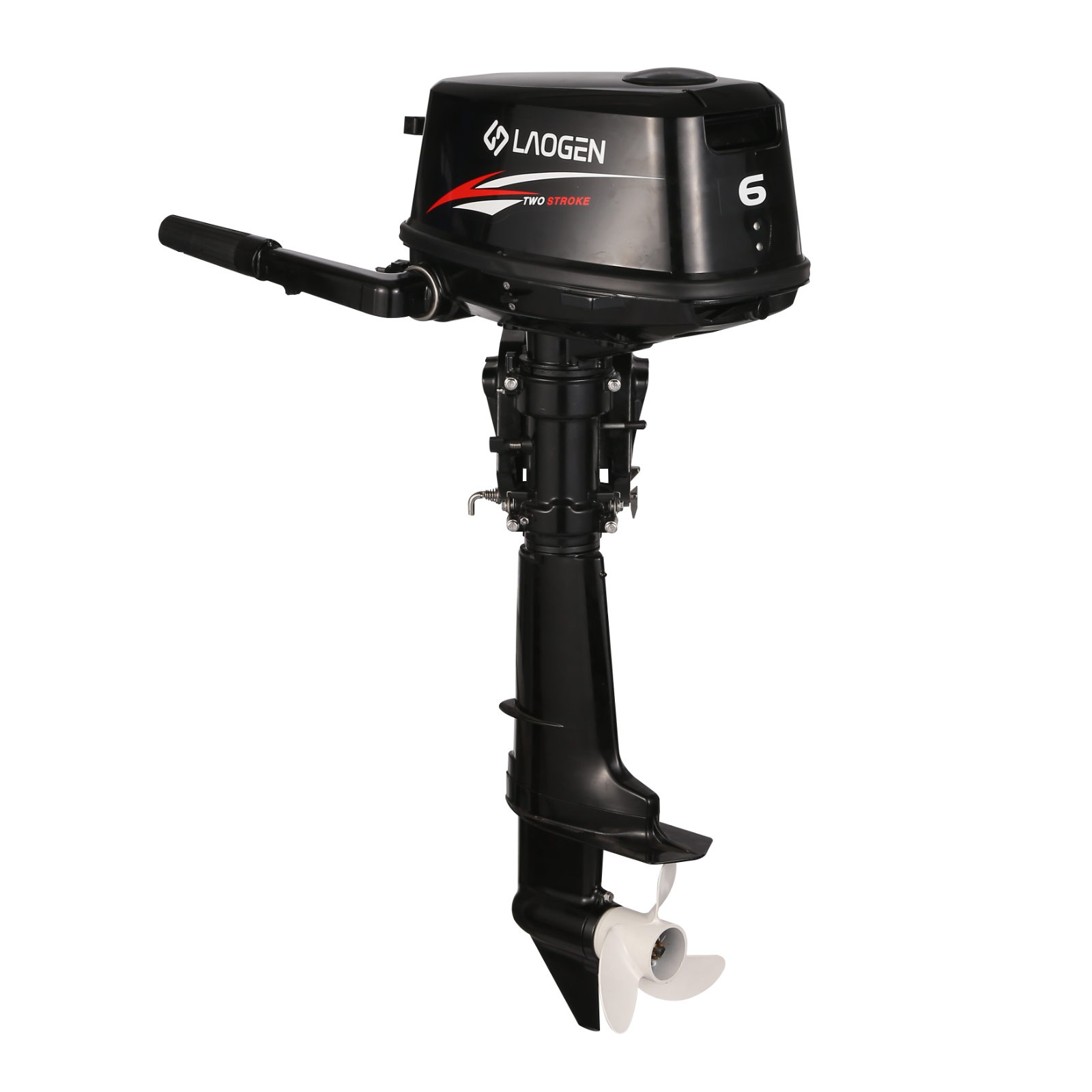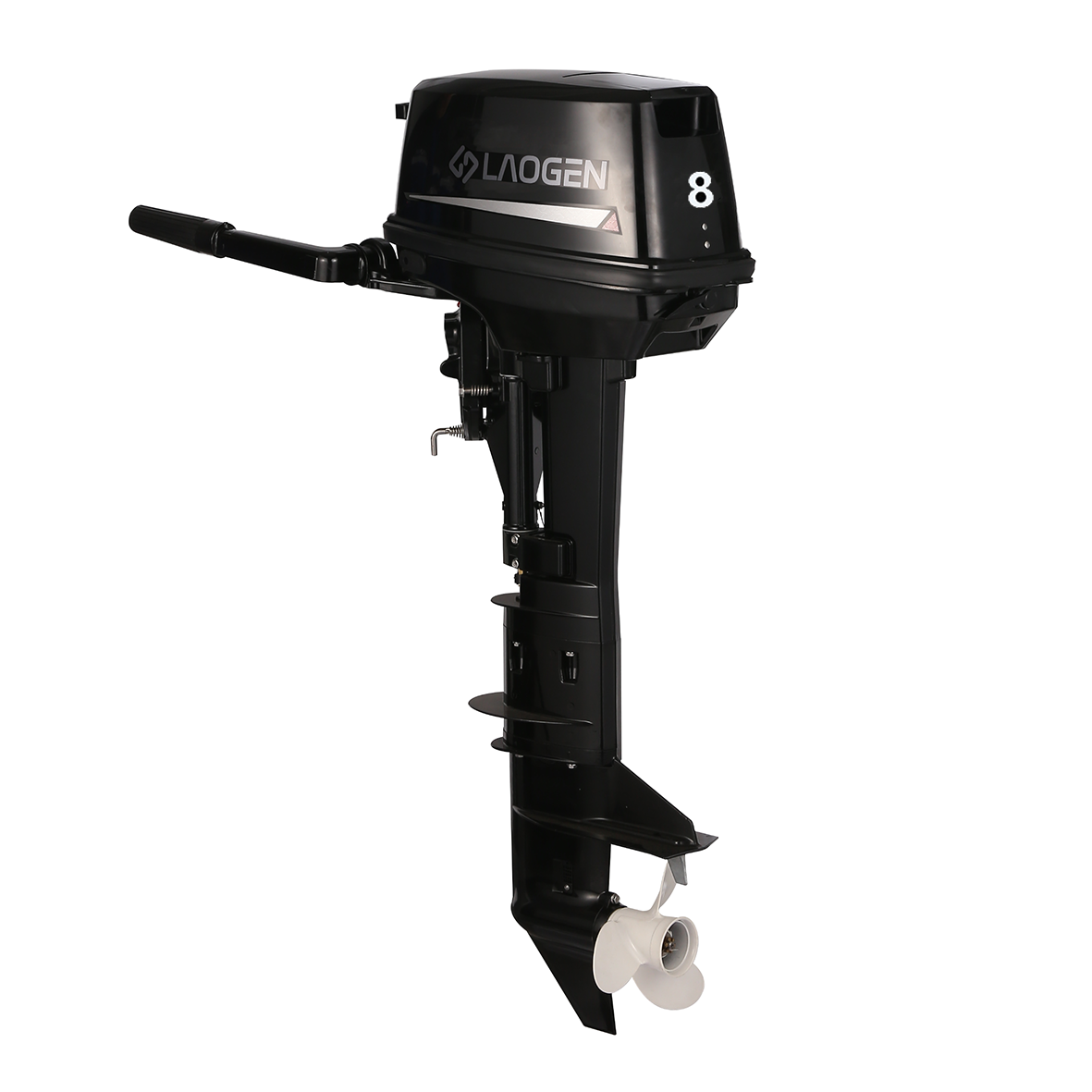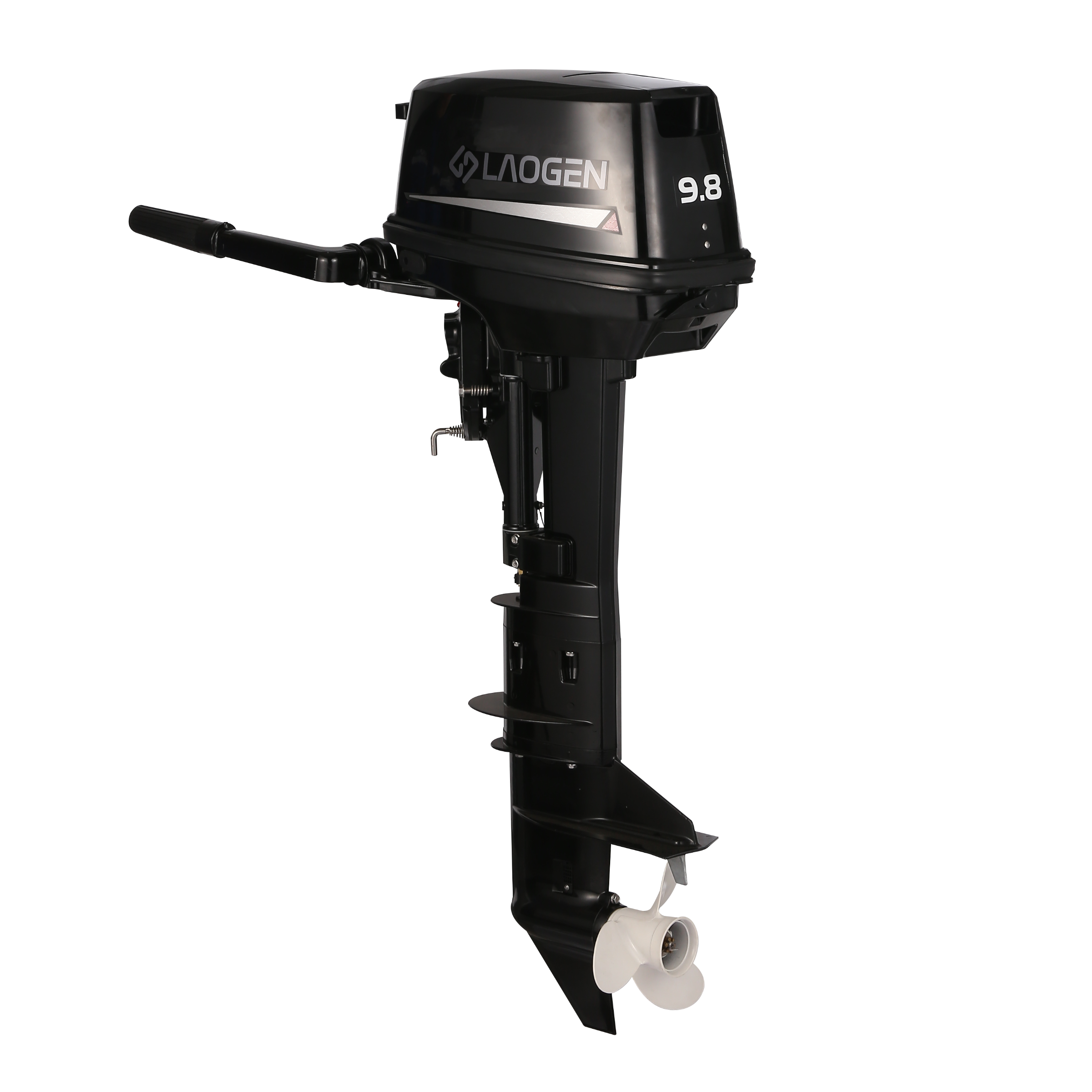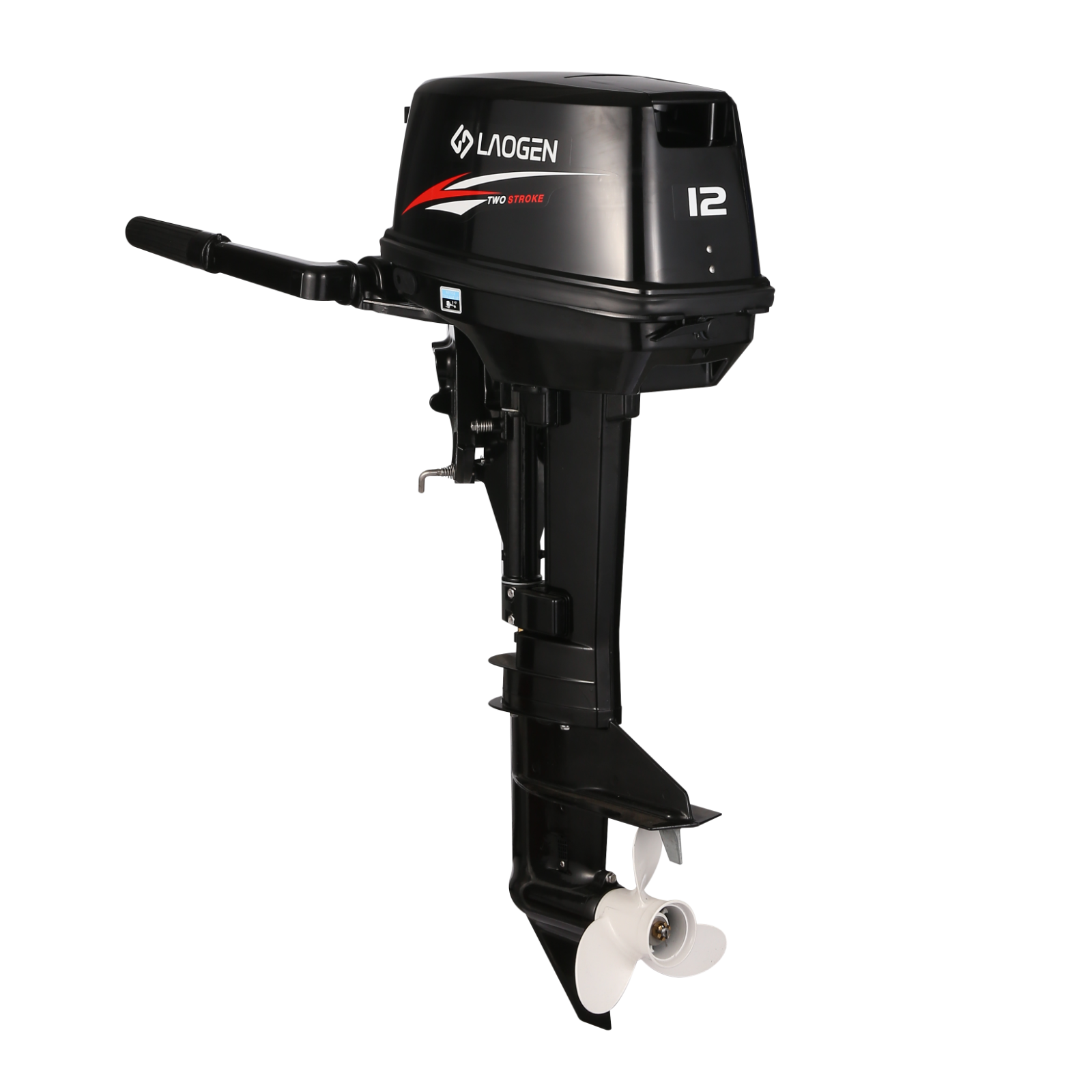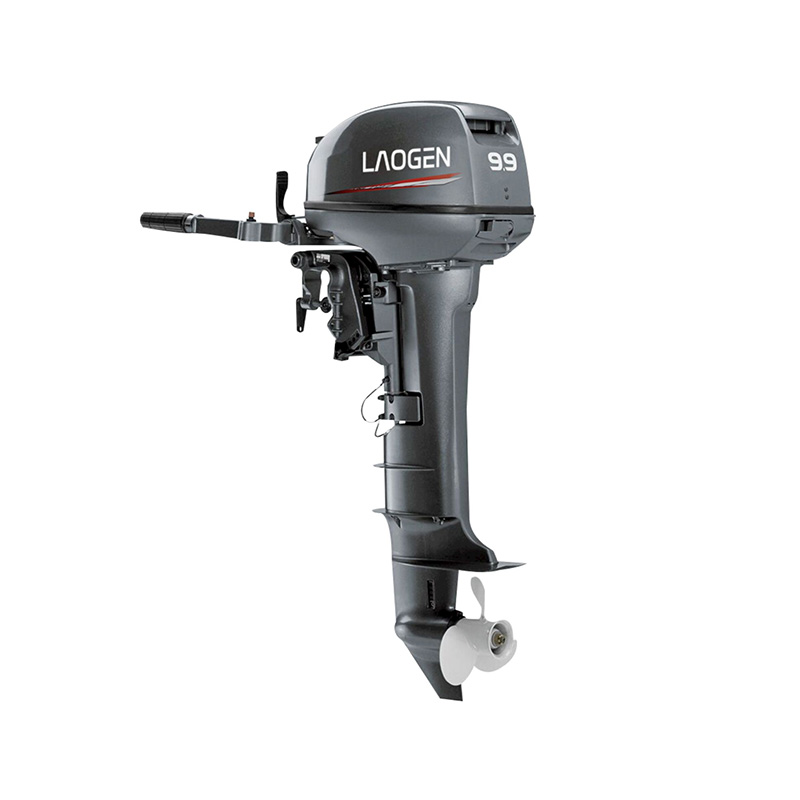Electric Outboard Engines Gain Momentum As Sustainability Becomes A Priority
As global awareness of environmental challenges continues to rise, the marine industry is undergoing a notable transformation. Electric outboard engines are emerging as a practical response to increasing demands for cleaner, quieter, and more sustainable alternatives on the water. This shift is reshaping consumer preferences and influencing how manufacturers approach the design and function of marine outboard engines.

Traditionally powered by gasoline, the outboard engine has long been favored for its simplicity, portability, and power-to-weight ratio. However, concerns over fuel emissions, noise pollution, and operating costs have encouraged both recreational boaters and commercial operators to consider electric models. As a result, the marine outboard engines market is gradually absorbing electric alternatives that offer a more environmentally friendly experience.
Electric outboard engines produce zero direct emissions and operate with significantly reduced noise compared to internal combustion models. For many users, the appeal lies not only in environmental benefits but also in the simplicity of maintenance and operation. Without the need for oil changes, fuel storage, or exhaust systems, electric marine outboard engines present fewer complications for boat owners, especially those new to boating.
The growth in electric power is also supported by parallel advances in battery technology. Improvements in energy density, charging speed, and lifecycle have made electric outboard engines more viable for longer outings and heavier vessels. Although traditional fuel-powered models continue to dominate in long-range and high-power applications, electric versions are becoming common in smaller boats used for fishing, cruising, or short-distance transport.
Regulatory trends are further accelerating the adoption of electric marine outboard engines. In some regions, new emissions limits and restrictions on gasoline-powered engines in sensitive waterways are nudging the industry toward electrification. This regulatory pressure, combined with shifting consumer priorities, is encouraging innovation across the outboard engine segment.
Yet challenges remain. Range limitations, battery weight, and infrastructure needs still present barriers to wider adoption. Charging stations for electric boats are not yet as widespread as needed, particularly in remote or underdeveloped marinas. Moreover, the upfront cost of electric outboard engines can deter some buyers, even though long-term savings on fuel and maintenance are significant.
Despite these hurdles, the transition is underway. Many users now view electric marine outboard engines as a forward-looking investment. This perception is supported by growing availability across a range of power levels and boat sizes. From lightweight units for kayaks and small dinghies to higher-powered models suitable for fishing skiffs and pontoons, the technology is diversifying to meet different needs.
The appeal of silent cruising is another reason why electric outboard engines are gaining attention. Wildlife enthusiasts, anglers, and leisure boaters appreciate the low noise output, which enhances their experience and reduces disturbance in natural settings. This is especially relevant in protected or ecologically sensitive areas where quiet operation is preferred.
As more consumers adopt electric marine outboard engines, the industry is likely to see further investments in battery research, charging infrastructure, and design improvements. The ripple effect of these developments will benefit not only recreational users but also tour operators, park services, and others working on or near the water.
In conclusion, while the outboard engine industry has been rooted in conventional technologies for decades, it is now entering a phase of transition. Sustainability concerns, paired with new technological capabilities, are giving rise to a more electric future. The shift is not instantaneous, but the growing popularity of electric marine outboard engines signals a change in direction—one that reflects evolving values and practical innovations in modern boating.


 English
English русский
русский


